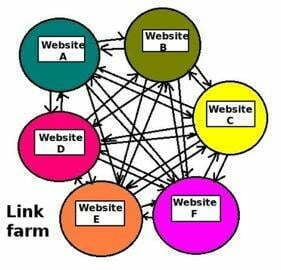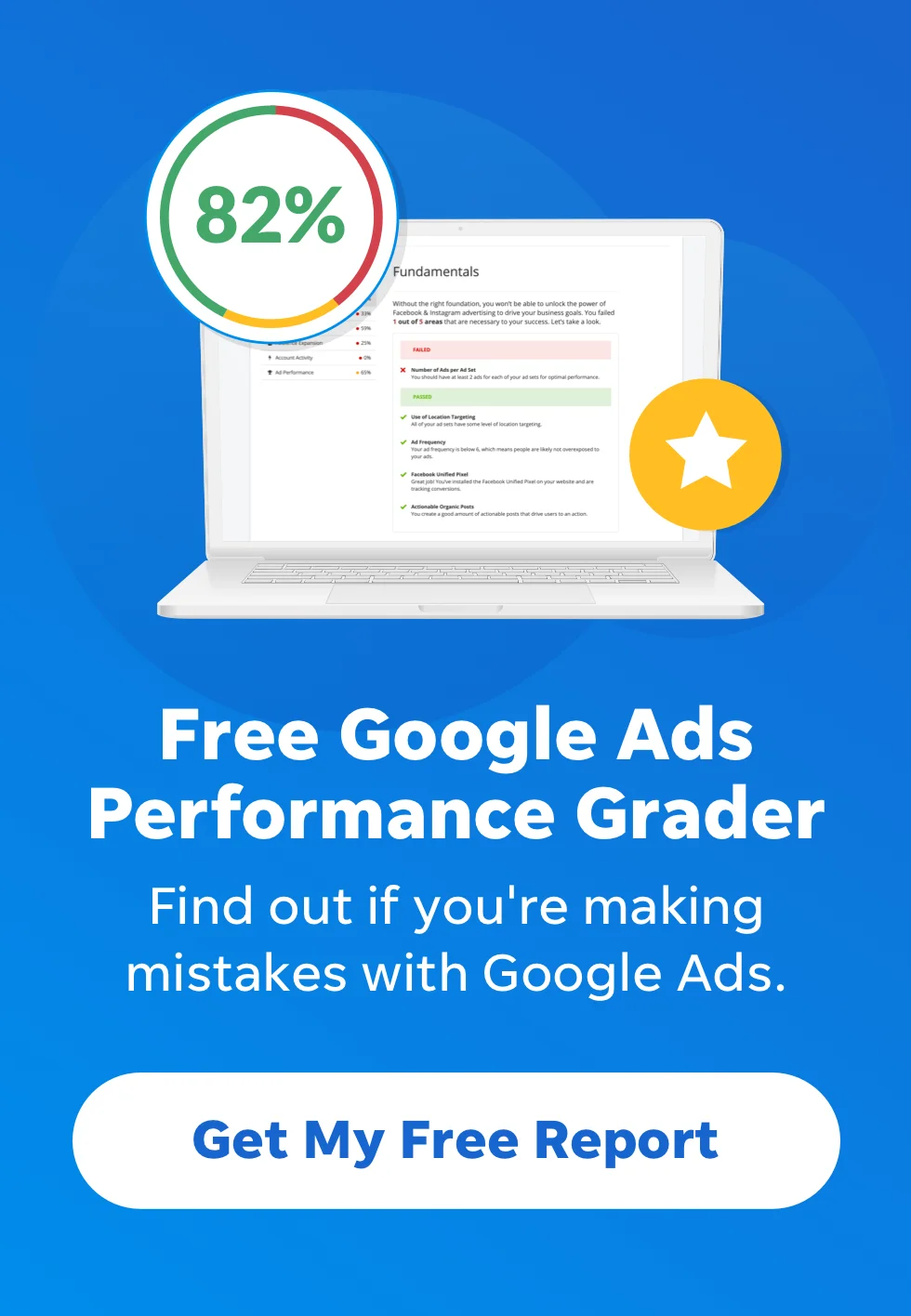
Naked Link: What Is a Naked Link?
A naked link is a hyperlink that uses the URL itself as the anchor text. The link is described as “naked” because the URL is entirely visible to the readers. Typically, a hyperlink is anchored to text that is at least somewhat related to whatever content is on the linked page.
What are hyperlinks, and why are they important?
A hyperlink, more commonly shortened to “link,” is a clickable way for your to get around the internet. When you search something on a search engine like Google, the results are hyperlinks to different websites and web pages.
Speaking of a Google search: have you ever wondered how all those results get there so fast? They come from Google’s index! A search engine index is essentially a massive and expanding library of information. Google obtains that information by using an automated bot known as a web crawler (all other search engines do this, but it’s simpler to speak in terms of Google alone). This web crawler, named Googlebot, uses hyperlinks to travel around the internet and collect all the information that gets stored in Google’s index.
In other words: if a web page isn’t accessible through a hyperlink, it’s not in Google’s index. And if it’s not in Google’s index, it’s not in the Google search results.
So, why are hyperlinks important? Because they’re directly connected to the Google search results. If you want your website and web pages to appear on the first page of Google—and maybe even near the top—you need to know how link building works.
How does link building work?
Link building refers to the process of getting other websites to link to yours. It’s an important piece of any good search engine optimization (SEO) strategy, and its ultimate objective is pretty simple: to perform better in the organic (non-advertisement) search results.
Let’s revisit something we mentioned in the previous section: adding content to Google’s index. Once Googlebot has crawled your new web page, it’s time for Google to decide how well this page will rank when someone searches something related to it. In order to make this decision, Google looks at three things: how good your new content is; how many other websites have linked to this new content; and how reputable those websites are.
Think of it this way: every time another website links to your content, they’re telling Google that you know what you’re talking about. When Google sees that you know what you’re talking about, they push your content up in the rankings.
The more links you get from reputable websites, the better you will do in the organic search results. The better you do in the organic search results, the more traffic you’ll drive to your website, and the better your business will do overall.
How do I get other websites to link to my content?
Ah, yes—the question that keeps us all up at night. It’s an important question to ask, not only so you can learn what you need to do, but also so you can learn what you can’t do.
Wait. What I can’t do? Are there link building laws?
Indeed, there are link building laws. It sounds a little silly, but these laws exist to disincentivize what are known as black hat SEO tactics—strategies that are pretty much cheating. For example, link farming is the practice of building a network of sites purely for the purpose of linking to your content and improving its search engine results performance. Big-time no-no.
We won’t focus on the bad stuff too much right now, though. Let’s talk good link building practices.
Although debates about SEO best practices are never-ending, there’s one thing we can all agree on: no link beats an editorial link. You earn an editorial link when another website links to your content purely because it’s great. You don’t ask for an editorial link, and you don’t finesse your way into getting one. All you do is publish super high-quality content and the editorial links follow. As far as link building goes, this kind of link is the holy grail.
Look—if you’re just starting out, it’s not exactly realistic to presume that your blog post will get external links from top-tier websites purely because it’s good content. You’re going to have to do some outreach. That means contacting relevant and authoritative voices in your industry and asking them to link to your content. This part of the SEO life can definitely be a slog, but it pays off in the long-run. Eventually, you build enough of a reputation that you earn links to some pieces of content without doing much outreach at all.
Guest blogging is a pretty controversial tactic, but it works when done correctly. It involves reaching out to other blogs and websites and offering to write a piece of content for them. The idea is that guest blogging is mutually beneficial: the site you write for gets content (and traffic), and you get a link to your site somewhere in the post.
Be careful with guest blogging, though. Once content marketers realized that this was an effective tactic, they started to abuse it—mostly by writing low-quality guest posts with no purpose other than building an external link. Google cracked down hard on this. So, if you’re going to write a guest post, make sure it’s top-notch and exists for a reason other than linking to your website.
For more SEO tips and tricks, check out our guide for beginners!

